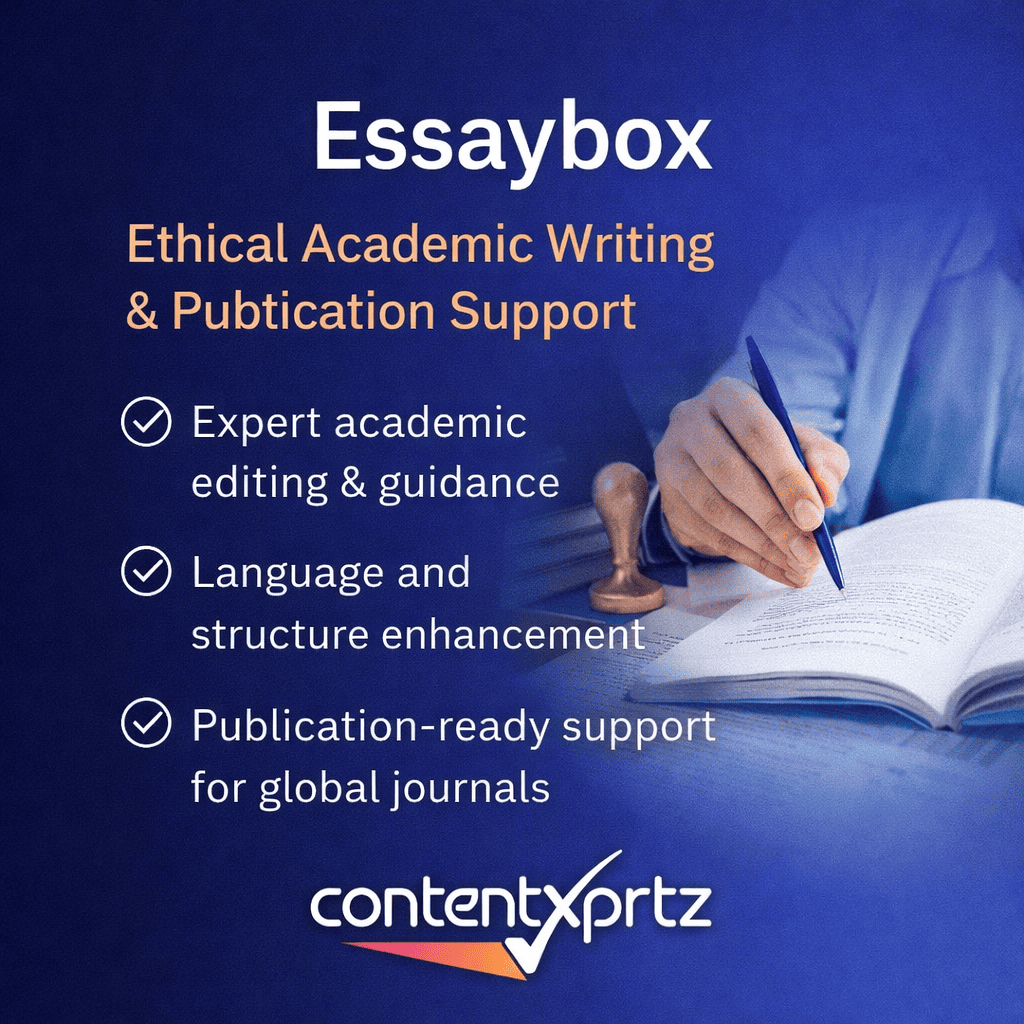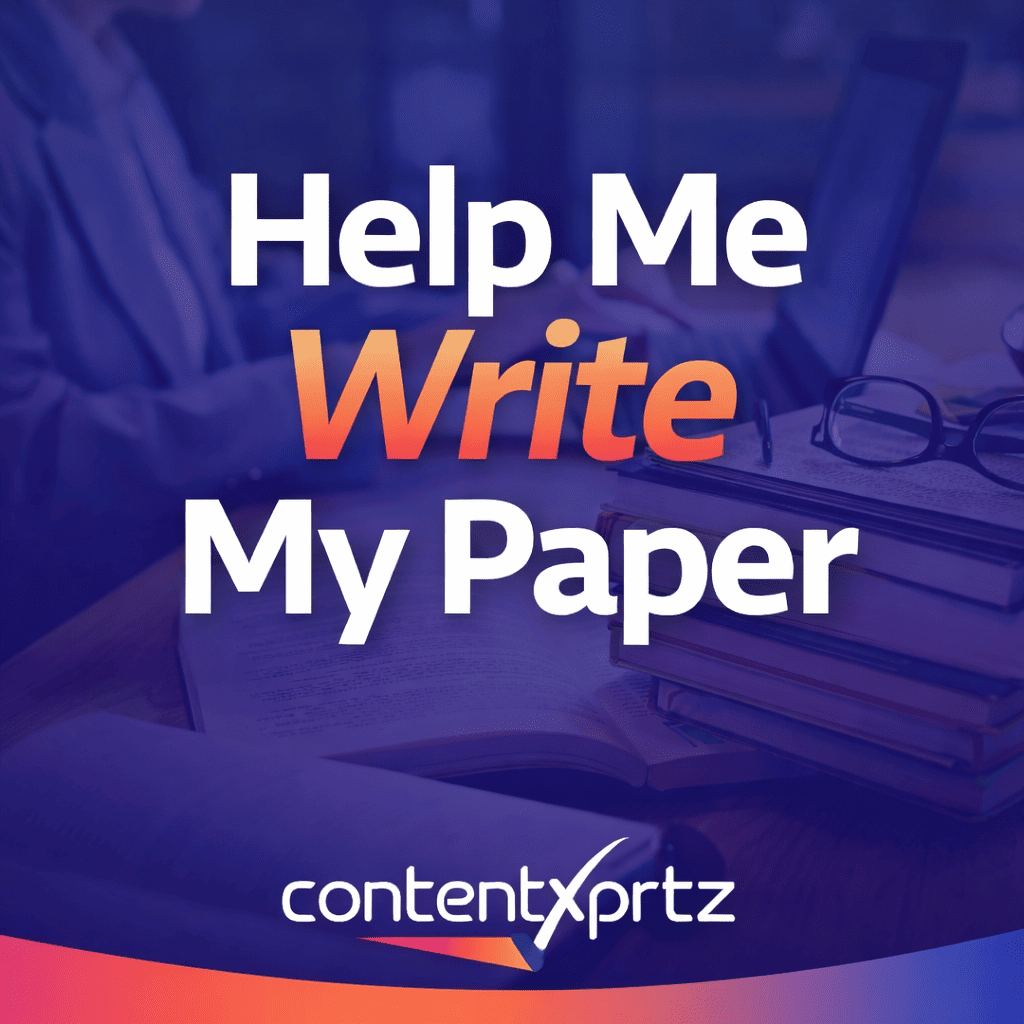Professional Writers as Academic Partners: A Comprehensive Educational Guide for PhD Scholars and Researchers
Introduction: Why Professional Writers Matter in Modern Academia
The contemporary academic landscape is more demanding than ever before. PhD scholars, early-career researchers, and senior academics alike face mounting pressure to publish frequently, publish well, and publish in high-impact journals. In this environment, professional writers have emerged not as shortcuts or substitutes for scholarship, but as legitimate academic partners who support researchers in articulating, refining, and publishing their original work with clarity, rigor, and ethical integrity.
For many doctoral candidates, the PhD journey is intellectually fulfilling yet practically overwhelming. Beyond conducting original research, scholars must master academic writing conventions, adhere to journal-specific guidelines, respond to reviewer comments, manage tight timelines, and often do all this while balancing teaching responsibilities, employment, and personal commitments. According to data published by Elsevier, global research output has grown by more than 4 percent annually over the past decade, while journal acceptance rates in leading Q1 journals frequently fall below 10 percent. This imbalance creates a highly competitive publishing environment where even strong research can be rejected due to language issues, structural weaknesses, or non-compliance with editorial standards.
In this context, professional writers provide structured, ethical, and expertise-driven support. They do not create data or fabricate findings. Instead, they help scholars present their authentic research in a manner that meets international academic expectations. This distinction is crucial. Ethical academic writing assistance focuses on clarity, coherence, and compliance, not authorship misrepresentation.
Globally, PhD completion rates remain a concern. Studies cited by Springer indicate that in several regions, nearly 40 to 50 percent of doctoral candidates do not complete their degrees within the expected timeframe. One of the most frequently reported challenges is academic writing. Many scholars possess strong analytical skills but struggle with organizing complex arguments, maintaining consistency across chapters, or aligning their work with disciplinary publishing norms. Language barriers further compound these challenges for non-native English speakers, who constitute a significant proportion of the global research community.
At the same time, the cost of education and research has risen sharply. Conference fees, journal submission charges, open-access publication costs, and professional development expenses place additional strain on researchers. As a result, scholars increasingly seek efficient, reliable, and transparent academic support services that respect both their intellectual ownership and institutional ethics.
This is where ContentXprtz positions itself as a trusted global partner. Established in 2010, ContentXprtz has supported researchers in more than 110 countries by providing academic editing, proofreading, thesis structuring, and publication assistance that aligns with international ethical standards. The role of professional writers within this ecosystem is not transactional but collaborative. Their expertise helps scholars reduce avoidable revisions, respond effectively to peer review, and accelerate the path from manuscript to publication.
This comprehensive educational guide explores the role of professional writers in academic research, the ethical boundaries of their work, the tangible benefits they offer to PhD scholars, and how to choose the right academic writing partner. Designed for Medium and LinkedIn audiences, the article balances academic rigor with accessibility, offering evidence-based insights for researchers at every stage of their journey.
Understanding the Role of Professional Writers in Academia
Professional Writers as Academic Support Specialists
Professional writers in academic contexts are highly trained specialists with deep familiarity in scholarly communication. Their expertise spans disciplinary writing conventions, citation standards, journal formatting requirements, and the nuanced expectations of peer reviewers. Unlike generic content writers, academic professional writers operate within strict ethical frameworks and institutional guidelines.
Their work typically includes:
-
Structural editing of theses and dissertations
-
Language and clarity enhancement for research papers
-
Journal readiness assessments
-
Compliance checks with style guides such as APA, MLA, Chicago, or discipline-specific formats
-
Reviewer response support and resubmission preparation
Importantly, professional writers do not alter the intellectual substance of the research. The ideas, data, and interpretations remain entirely the scholar’s own. This distinction aligns with the ethical guidelines promoted by organizations such as the Committee on Publication Ethics and endorsed by major publishers.
Academic Writing as a Learned Skill, Not an Innate Talent
A persistent myth in academia is that strong researchers are naturally strong writers. In reality, academic writing is a learned and highly specialized skill. It requires mastery of argumentation, rhetorical positioning, and disciplinary discourse. Many accomplished scientists and scholars openly acknowledge the value of editorial and writing support.
According to guidance from Elsevier, clarity of presentation significantly influences editorial decisions, especially during initial desk reviews. Manuscripts that are poorly structured or linguistically unclear are often rejected before peer review, regardless of the quality of the underlying research. Professional writers help mitigate this risk by ensuring that manuscripts communicate their contributions effectively.
Why PhD Scholars Increasingly Rely on Professional Writers
Time Constraints and Cognitive Load
Doctoral research is cognitively demanding. Writing, however, requires a different mode of thinking than data analysis or theoretical development. Switching repeatedly between these modes can slow progress and increase stress. Professional writers help streamline the writing process, allowing scholars to focus on intellectual problem-solving while ensuring that their work is communicated clearly.
Language and Global Research Equity
English dominates scholarly publishing, yet a majority of researchers worldwide are non-native English speakers. This linguistic imbalance creates systemic barriers. Springer Nature has acknowledged that language quality can unfairly disadvantage researchers from non-English-speaking backgrounds. Professional writers trained in academic English help level this playing field by improving language clarity without altering meaning.
Navigating Complex Publication Requirements
Each journal has unique submission guidelines, formatting rules, and stylistic preferences. Failing to meet these requirements often leads to immediate rejection. Professional writers bring experience across multiple publishers, including Elsevier, Taylor and Francis, Emerald Insight, and Wiley, enabling scholars to align manuscripts precisely with target journals.
Ethical Boundaries and Best Practices in Professional Academic Writing
What Professional Writers Can and Cannot Do
Ethical academic writing support is grounded in transparency and respect for authorship. Professional writers may:
-
Edit language, grammar, and structure
-
Suggest improvements for clarity and flow
-
Highlight inconsistencies or gaps in argumentation
-
Ensure adherence to journal and institutional guidelines
They must not:
-
Generate original research data
-
Fabricate or manipulate results
-
Claim authorship or co-authorship
-
Write content without substantive input from the researcher
These principles are consistent with ethical guidelines outlined by the American Psychological Association and reinforced by major academic publishers.
Institutional Acceptance of Editorial Support
Many universities explicitly permit the use of professional editing and writing support, particularly for language and formatting assistance. What matters is disclosure and ethical compliance. At ContentXprtz, all services are designed to remain within acceptable academic boundaries, ensuring that scholars can confidently use support without jeopardizing their integrity.
How Professional Writers Enhance Research Quality and Impact
Improving Argument Coherence and Narrative Flow
High-quality research must tell a coherent story. Professional writers help ensure logical progression across chapters, clear articulation of research questions, and alignment between objectives, methodology, results, and conclusions. This coherence improves reader comprehension and reviewer evaluation.
Strengthening Journal Acceptance Potential
Research from Emerald Insight suggests that manuscripts with strong structural organization and linguistic clarity receive more favorable reviewer feedback. Professional writers contribute directly to these dimensions, reducing the likelihood of major revisions or rejection.
Supporting Reviewer Response and Resubmission
Responding to peer review is often one of the most stressful stages of publication. Professional writers assist scholars in crafting respectful, precise, and evidence-based responses that address reviewer concerns effectively while preserving the author’s academic voice.
Choosing the Right Professional Writers for Academic Support
Evaluating Expertise and Subject Familiarity
Not all writing services are equal. Scholars should seek professional writers with demonstrated experience in their discipline. Familiarity with subject-specific terminology and methodological norms is essential for meaningful support.
Transparency, Ethics, and Long-Term Trust
Reputable academic support providers emphasize ethical boundaries and transparent processes. ContentXprtz, for example, operates with clear service definitions and collaborative workflows that prioritize researcher ownership.
Scholars can explore tailored support options through dedicated service pages such as PhD thesis help available via the PhD and Academic Services section at https://contentxprtz.com/phd-academic-services and broader Writing and Publishing Services at https://contentxprtz.com/writing-publishing-services.
Integrated FAQs: Addressing Common Questions About Professional Writers
FAQ 1: Are professional writers allowed in PhD research?
Professional writers are widely permitted when their role is limited to editing, proofreading, and structural guidance. Most universities allow such support, especially for language and formatting, provided the research content remains the scholar’s own. Transparency and adherence to institutional guidelines are essential.
FAQ 2: How do professional writers differ from ghostwriters?
Professional writers in academic contexts do not claim authorship or create original research content. Ghostwriting involves writing on behalf of someone without disclosure, which is unethical in academia. Ethical professional writing focuses on refinement and clarity, not content creation.
FAQ 3: Can professional writers help with journal selection?
Yes. Experienced professional writers often assist scholars in identifying suitable journals based on scope, impact factor, and acceptance criteria. This strategic guidance can save time and reduce unnecessary rejections.
FAQ 4: Do journals accept papers edited by professional writers?
Leading publishers such as Elsevier and Springer explicitly acknowledge that professional language editing is acceptable. Many journals even recommend editorial services for non-native English speakers.
FAQ 5: How early in the PhD process should scholars seek writing support?
Writing support can be valuable at any stage. Early assistance helps with proposal development and chapter structuring, while later support focuses on polishing and publication readiness.
FAQ 6: Is using professional writers considered unethical?
No, when used appropriately. Ethical concerns arise only when professional writers cross boundaries into authorship or data creation. Reputable services operate within clear ethical frameworks.
FAQ 7: Can professional writers help reduce PhD completion time?
Yes. By streamlining writing and revision processes, professional writers can significantly reduce delays associated with drafting, restructuring, and repeated revisions.
FAQ 8: How do professional writers handle confidentiality?
Established providers implement strict confidentiality agreements. At ContentXprtz, all manuscripts and data are handled with secure protocols to protect intellectual property.
FAQ 9: Are professional writers useful for experienced researchers?
Absolutely. Even senior academics use professional writers to improve clarity, adapt manuscripts for different audiences, or manage large publication portfolios efficiently.
FAQ 10: What should scholars look for before hiring professional writers?
Scholars should assess subject expertise, ethical policies, transparency, and long-term credibility. Reviewing service scope and previous academic experience is essential.
Internal Support Pathways at ContentXprtz
ContentXprtz offers specialized services tailored to diverse academic needs. Researchers can explore:
-
Research paper writing support and academic editing services through Writing and Publishing Services at https://contentxprtz.com/writing-publishing-services
-
Comprehensive PhD thesis help via https://contentxprtz.com/phd-academic-services
-
Targeted assistance for early-stage scholars through Student Writing Services at https://contentxprtz.com/student-career-academic-writing-services
-
Long-form manuscript support for monographs and edited volumes via Book Authors Writing Services at https://contentxprtz.com/book-authors-writing-services
-
Professional documentation and research communication through Corporate Writing Services at https://contentxprtz.com/corporate-writing-services
Conclusion: Professional Writers as Ethical Enablers of Academic Success
In an era of intensifying academic competition, professional writers play a vital role in supporting scholars without compromising integrity. They act as enablers of clarity, precision, and confidence, helping researchers communicate their ideas effectively and ethically. For PhD scholars navigating the demanding path of doctoral research and publication, professional writing support is not a weakness but a strategic investment in academic success.
ContentXprtz stands at the intersection of expertise, ethics, and empathy. With over a decade of global experience, a presence across major academic regions, and a commitment to responsible scholarship, ContentXprtz provides researchers with reliable support at every stage of their journey.
If you are seeking trusted PhD thesis help, academic editing services, or research paper writing support, explore our comprehensive academic assistance solutions today.
At ContentXprtz, we don’t just edit, we help your ideas reach their fullest potential.

